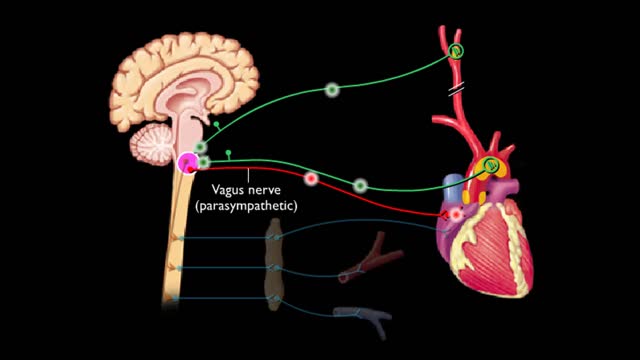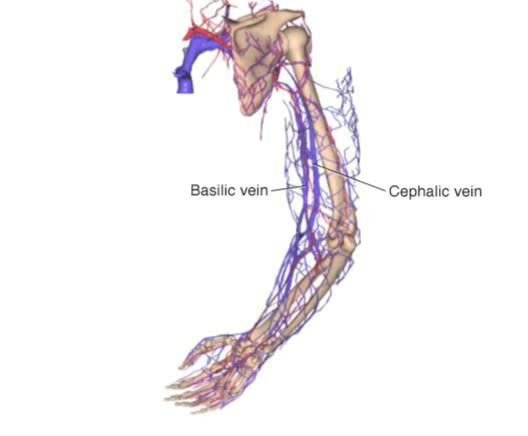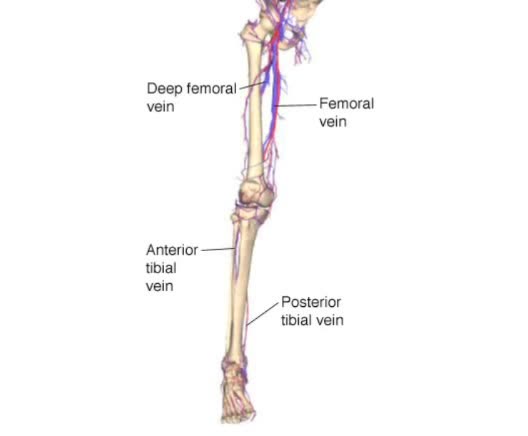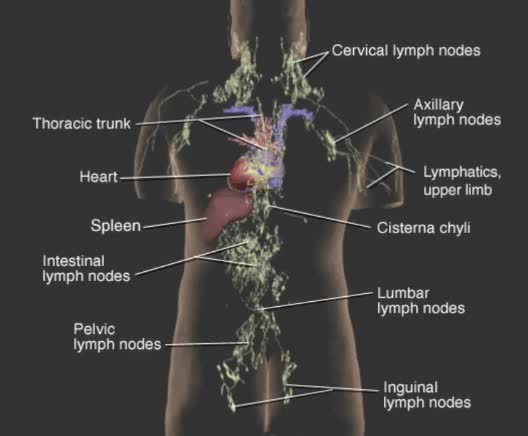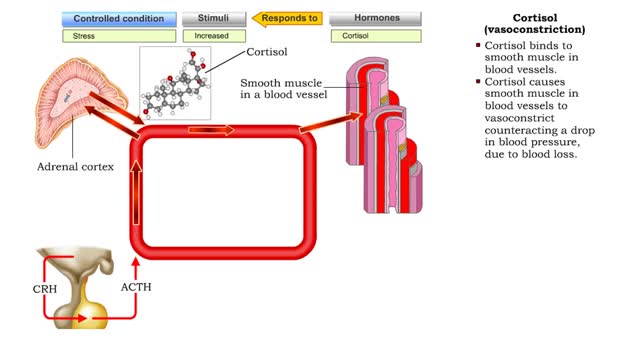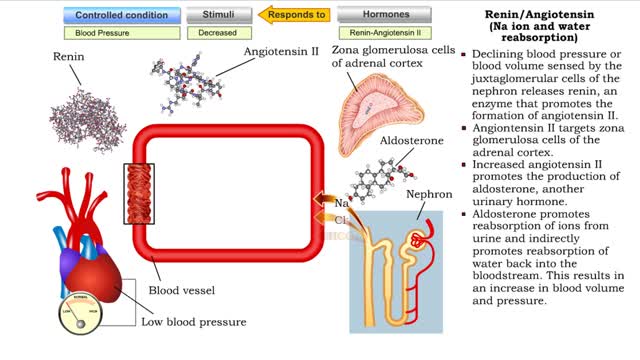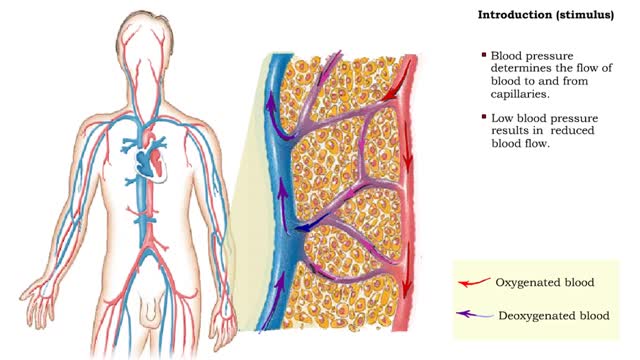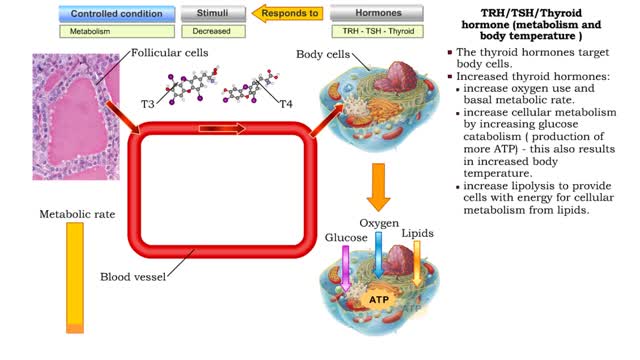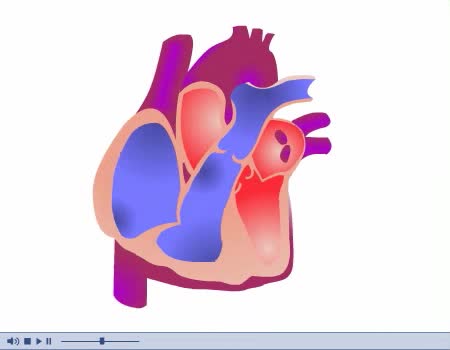Search Results
Results for: 'pulmonary vessels'
By: HWC, Views: 10942
Baroreceptors located In the carotid sinus and the arch of the aorta respond to increases in blood pressure. Increased blood pressure stretches the carotid arteries and aorta causing the baroreceptors to increase their basal rate of action potential generation. Action potentials are conduct...
By: Administrator, Views: 829
Arteries A branching system of vessels that transports blood away from the heart to all body parts. All arteries have a pulse, reflecting the rhythmical beating of the heart. Arteries Certain points are commonly used to check rate, rhythm, and condition of the arterial wall. Most commonly ...
By: Administrator, Views: 14876
Arteries A branching system of vessels that transports blood away from the heart to all body parts. All arteries have a pulse, reflecting the rhythmical beating of the heart. Arteries Certain points are commonly used to check rate, rhythm, and condition of the arterial wall. Most commonly ...
By: Administrator, Views: 598
Blood and lymph are two of the body's main fluids and are circulated through two separate but interconnected vessel systems. Blood is circulated by the action of the heart, through the circulatory system consisting largely of arteries, veins, and capillaries. Lymph does not actually circulate. ...
Cortisol (protein catabolism, gluconeogenesis, vasoconstriction & anti-inflammation)
By: HWC, Views: 11366
• Stressors stimulate production of hypothalamic releasing hormones, corticotropin releasing hormone, hormone (CRH) and adrenocorticotropic hormone (ACTH) stimulate. • These hormones promote increased production of 1 cortisol from the zona fasciculata cells of the adrenal cortex. • Cort...
Renin/Angiotensin (water gain from urine & Na ion and water reabsorption)
By: HWC, Views: 11641
• Sensing declining blood pressure or blood volume, juxtaglomerular cells of the nephron release renin, an enzyme that promotes the formation of angiotensin II. • Angiotensin II targets smooth muscle cells in blood vessels that provide blood to the nephron. • Angiotensin II causes thes...
By: HWC, Views: 11340
• Blood pressure determines the flow of blood to and from capillaries. • Low blood pressure results in reduced blood flow. • High blood pressure can cause blood vessels to break. In humans, sensitivity is due to portions of the nervous system called receptors. Receptors are typicall...
By: HWC, Views: 11263
Thyroid hormone production • A decline in metabolic rate caused by increased metabolic need or physical exertion stimulates the production of thyrotropin hormone releasing (TRH) hormone from the cells of the hypothalamus. • Thyrotropin hormone releasing hormone targets the thyrotrophic ce...
By: Administrator, Views: 14777
Diastole and systole are two phases of the cardiac cycle. They occur as the heart beats, pumping blood through a system of blood vessels that carry blood to every part of the body. Systole occurs when the heart contracts to pump blood out, and diastole occurs when the heart relaxes after contract...
Advertisement



